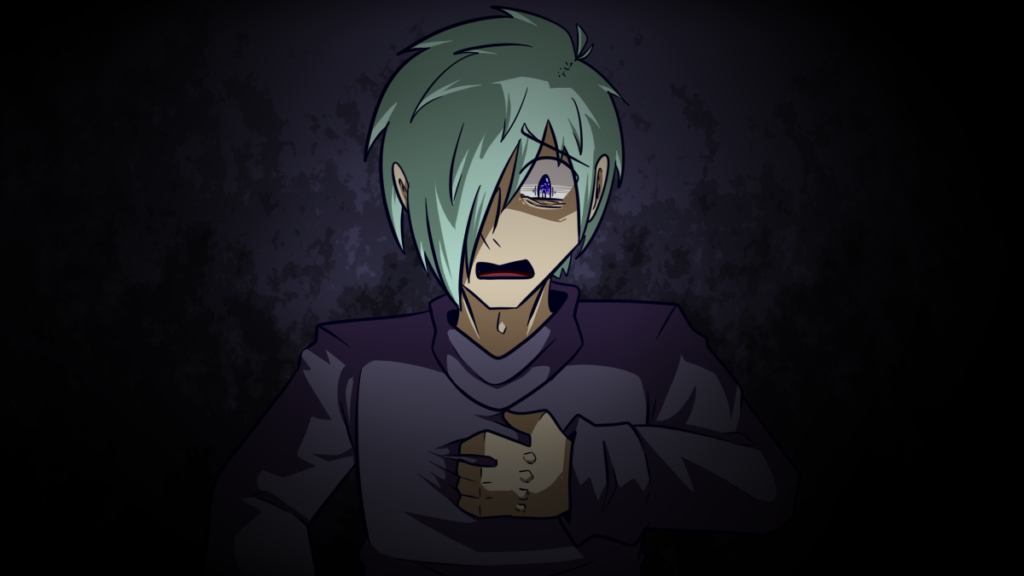A panic attack can be described as a sudden experience of intense fear and anxiety which can usually last between 5 to 20 minutes. When a panic attack occurs, you may feel like you have no control over your body or that you are having a heart attack. However, it is important to remember that as stated above these symptoms are only temporary and not life-threatening.
For most people panic attacks may only happen a few times in their lifetime and then go away when that particularly stressful situation ends. However, in the event that these attacks become more frequent and leave you in a constant state of fear of another attack this could mean you are suffering from a panic disorder.
Causes:
There are a number of factors that can increase the chances of someone having a panic attack, these include:
- Pressure and stress from work
- Relationship problems such as a breakup or divorce
- Financial difficulties
- Childhood experiences like bullying
- Family history of anxiety and panic attacks
- Substance misuse
- Neurotransmitters – chemical messengers in the brain, an imbalance of these chemicals can increase risk of developing panic disorder
- Stressful or traumatic life experiences
Symptoms:
- Heart racing
- Shaking or trembling
- Shortness of breath
- Chest pain
- Headache
- Nausea
- Being lightheaded or dizzy
- Sweating
- Dry mouth

What to do when experiencing a panic attack
It may be difficult to see at this moment but you should know that panic attacks are not life threatening and will pass. After reminding yourself of this you should then focus on your breathing by concentrating on each inhale and exhale slowly. Furthermore, you can count from one to five with each breath and close your eyes to stop the cause of the attack from distracting you.
After you have a panic attack you should take a minute to listen to your body about the toll this attack has had on it. This could mean that depending on the symptoms you experience you may need to sit somewhere to rest, get something to eat or drink to replenish your energy levels.
Helping yourself and preventing future attacks
Talk to someone
Having a person in your life that you can open up to about feelings of anxiety and stress like a family member, loved one or friends can feel like a huge burden off your shoulders.
Writing in a journal
Once you have had some time to rest after a panic attack you can find it helpful to write a note of it in your journal. If this occurs repetitively it will allow you to spot patterns of the event or circumstance that is triggering your attacks. You will then be able to use these notes as the basis of your treatment.
Learn breathing techniques
Being able to slow down your breathing in these difficult moments can be beneficial as it will help to calm you down and return you to a more relaxed state. To do this, breathe in slowly through your nose and breathe out through your mouth.
Focus
In the midst of a panic attack some people will find that it helps them to have their attention fixed on a single object or item. They will then consciously or verbally note every aspect of it, for example the shape, colour, patterns.
Regular exercise
By implementing regular exercise into your life, you are able to better manage your stress levels. This is because it will give you an outlet for any anxiety or stress you may be feeling in any aspect of your life.
Treatments available
Talking therapies that are available for people suffering from panic attacks includes Cognitive Behavioural Therapy (CBT). This involves helping you to develop new ways of approaching challenges or scary situations in your life by changing the way you see and think about them. With time, you will be able to put these newly learnt techniques into practise which will then result in your panic attacks becoming less common.



